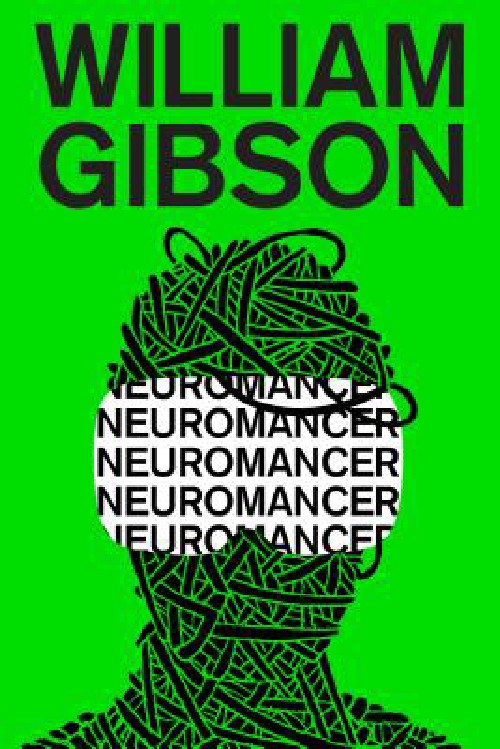the biggest appeal of AI at the moment seems to be that it is a new frontier for making money. that it will increase productivity, allowing access to new value and new profits.
there are uses outside of this; in biology and research, but those are not the things generating billions of investments. those are the less lucrative uses with a clear value proposition and no possibility of revolutionizing the economy.
I think i am deeply concerned with the widespread, fullscale, no guardrails implementation of AI because we have no idea what it looks like to undo a world where it’s load-bearing.
and in this moment of rising fascism and far-right politics, we are truly fighting to determine which futures viable, and which worlds are still possible. climate change is happening, whether or not you want to believe it, whether or not you want to address it, whether or not you care. it’s in progress, and we are actively seeing changes that a decade ago were considered worst case scenarios that we hoped would not happen. but here they come.
what i see that concerns me the most is that in a moment where we need experimentation and to open space for myriad new possibilities, we are instead trying to cement into place the world we have by gathering up all the data we have available and automating things as they are now.
this argument is pretty nuanced but I feel pretty confident about it.
some assertions:
- we have hypotheses about what kind of systems will be needed to live in the global climate that’s rapidly emerging, but we don’t know how to build those systems
- there is very little likelihood that a universally stable and homogenous system is desirable or achievable
- complex systems theory and ecology teach us that systems need to be adaptive, dynamic, and responsive
- AI, in its current form, is limited to the training data available to it, and it needs large scale sets of data to succeed
- this means we can really only automate things that are adopted at scale, that have proofs and that we understand well
- this puts AI at odds with mitigation to climate change because we need to experiment, and we don’t know what the success requirements are, because the systems have to be tested in the real world, scaled up intentionally, and (very importantly) be reversible if they do not serve us well.
i think what this means is that my political analysis at the moment is that we are in a multi-decade long inflection period determining whether we can evolve our industrial systems that are dependent on a stable climate, freedom of extraction, and globalism’s economic homogeneity into systems that can sustain us while we suffer the consequences of a few centuries of industrialization.
automating the existing systems makes them harder to replace because it ensures that we start building new systems on top of them, rather than thinking about how to dismantle or evolve them.
it feels like the exact wrong approach to a problem that is staring us in the face.



